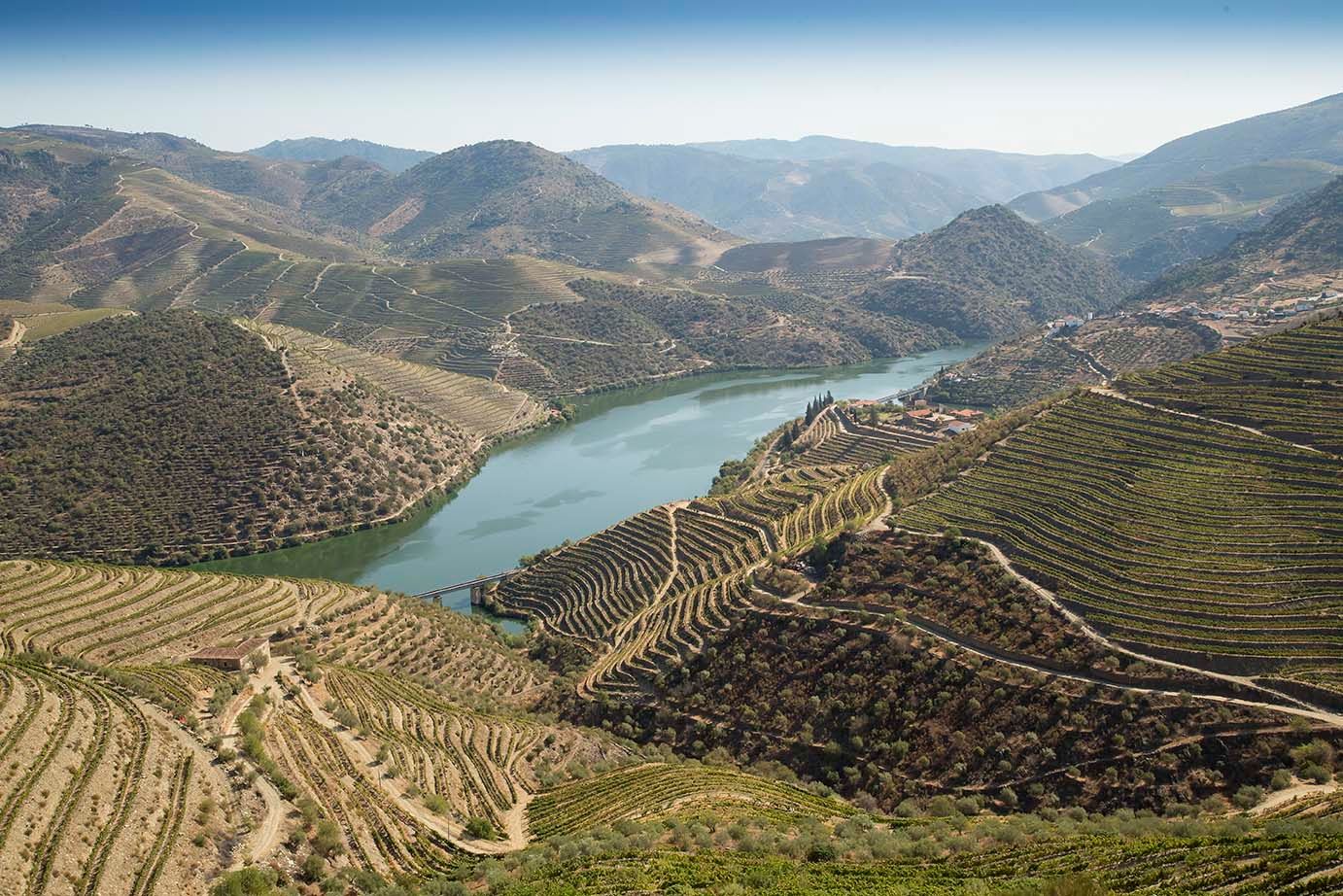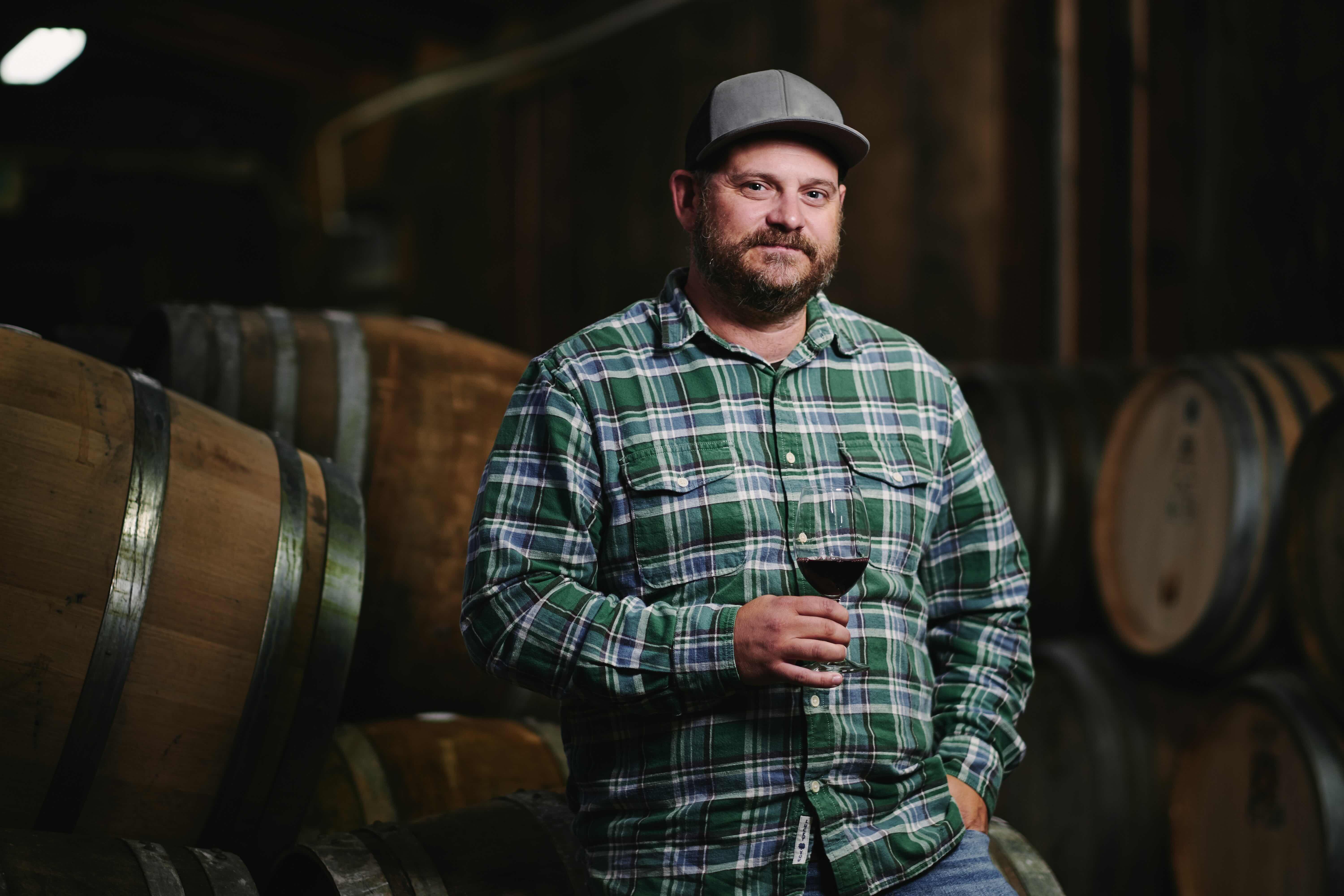“At the premium level, we believe in vintage variation. This can only be had farming with natural methodologies, using low sulfur additions in the cellar, nurturing wild ambient yeasts, practising no filtration or fining, no synthetic nutrient additions, no acidifying and lastly no sugar additions,” says Hedges
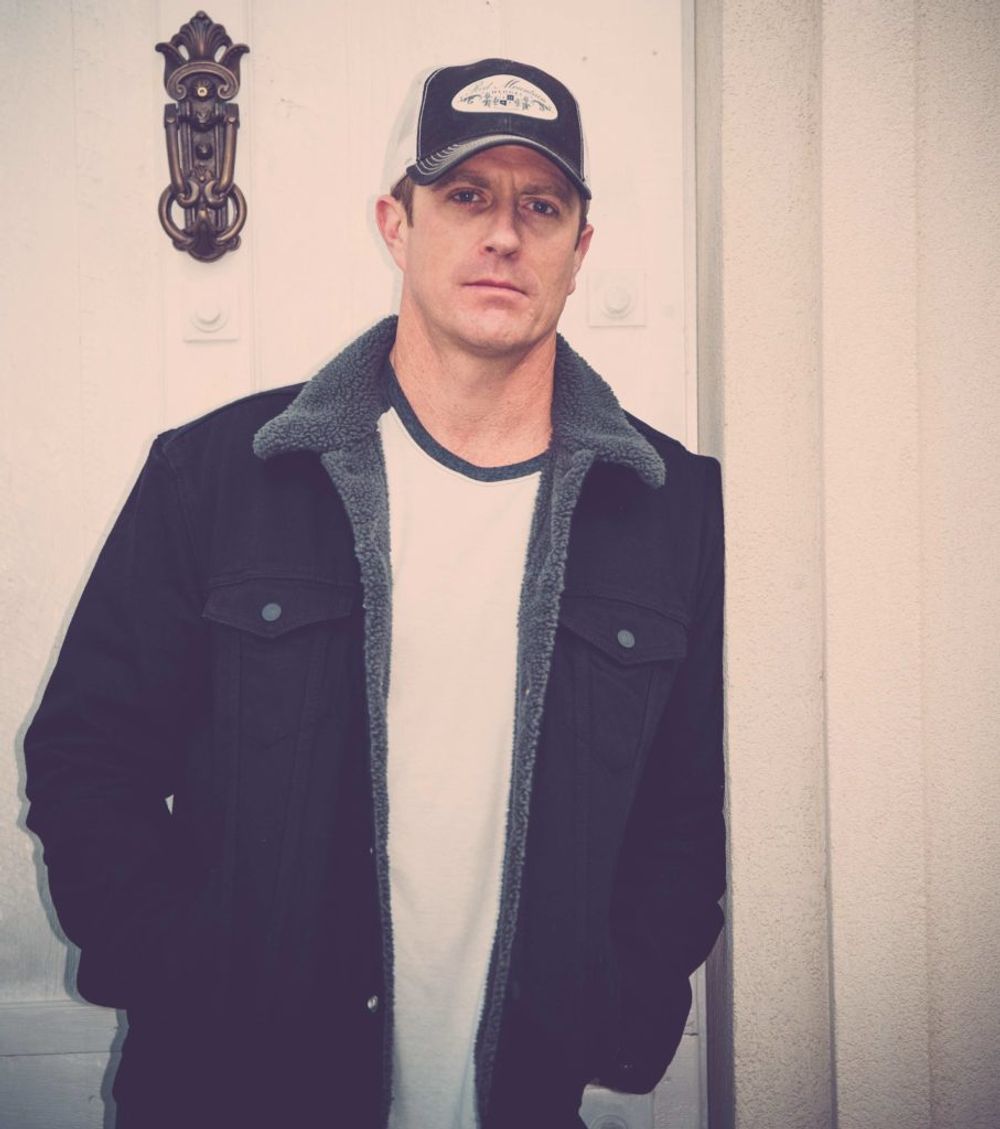
Christophe Hedges
Tell us about your winery and the background?
Tom Hedges (American) and Anne-Marie Hedges (French) started as negociants, assembling bulk wine for the Swedish liquor monopoly, System Bolaget. This was following the Chernobyl accident, which led to the Swedes sourcing wine from alternative wine regions. American Wine Trade, as we were called, won the tender and Hedges Family Estate was born.
How did you personally get into wine?
I had an affinity for wine, growing up half French and half American, I grabbed the wine bug at an early age. Regardless, I grew up with wine, farmed wine, and knew nothing else but wine. It was eventually what brought me back to Red Mountain, after graduating with a degree in business from University of San Diego
What range of wines do you make and is that changing?
We produce two tiers: the first is our entry wines from the greater Columbia Valley AVA. Second, and our most important, are the estate wines: grown, produced and bottled on Red Mountain, the AVA in which we farm.
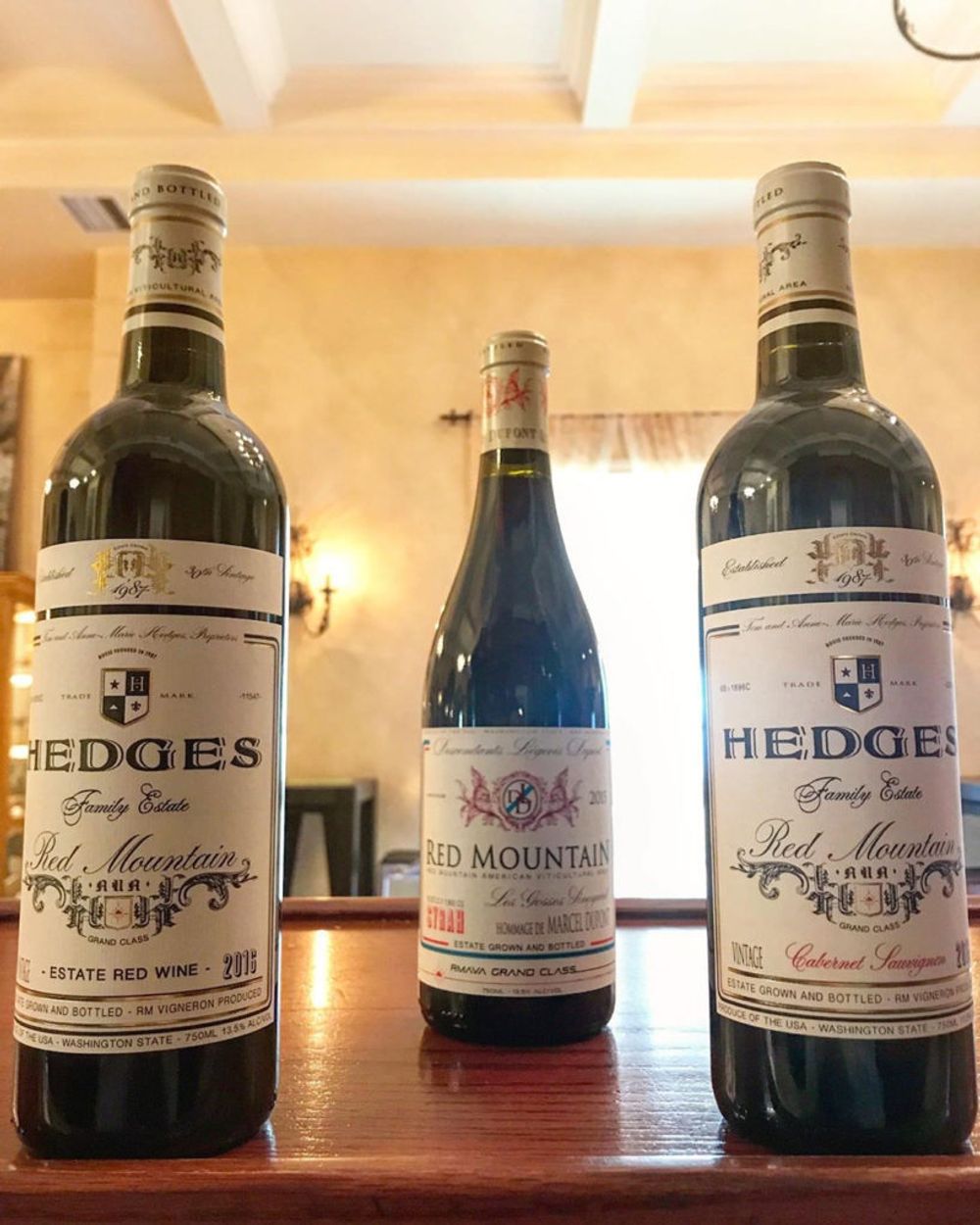
What is your approach to winemaking and what you want to convey in your wines?
We approach the subject of winemaking in two different, but simplistic approaches: for the Entry wines, we primarily have a consistent program of using eco-friendly vineyards, large steel fermenters, neutral oak and racking twice before filtering. Our Brix range for harvest is normally between 21 and 24, depending on the varietal.
Our Estate wines are a different story: we farm all of our 140 acres using biodynamic principles, certified since 2011. Our winemaking also follows this ideology. At the premium level, we believe in vintage variation. This can only be had farming with natural methodologies, using low sulfur additions in the cellar, nurturing wild ambient yeasts, practising no filtration or fining, no synthetic nutrient additions, no acidifying and lastly no sugar additions. For us, this is wine the way it was meant to be.
Have you changed the way you make your wine in the last five years?
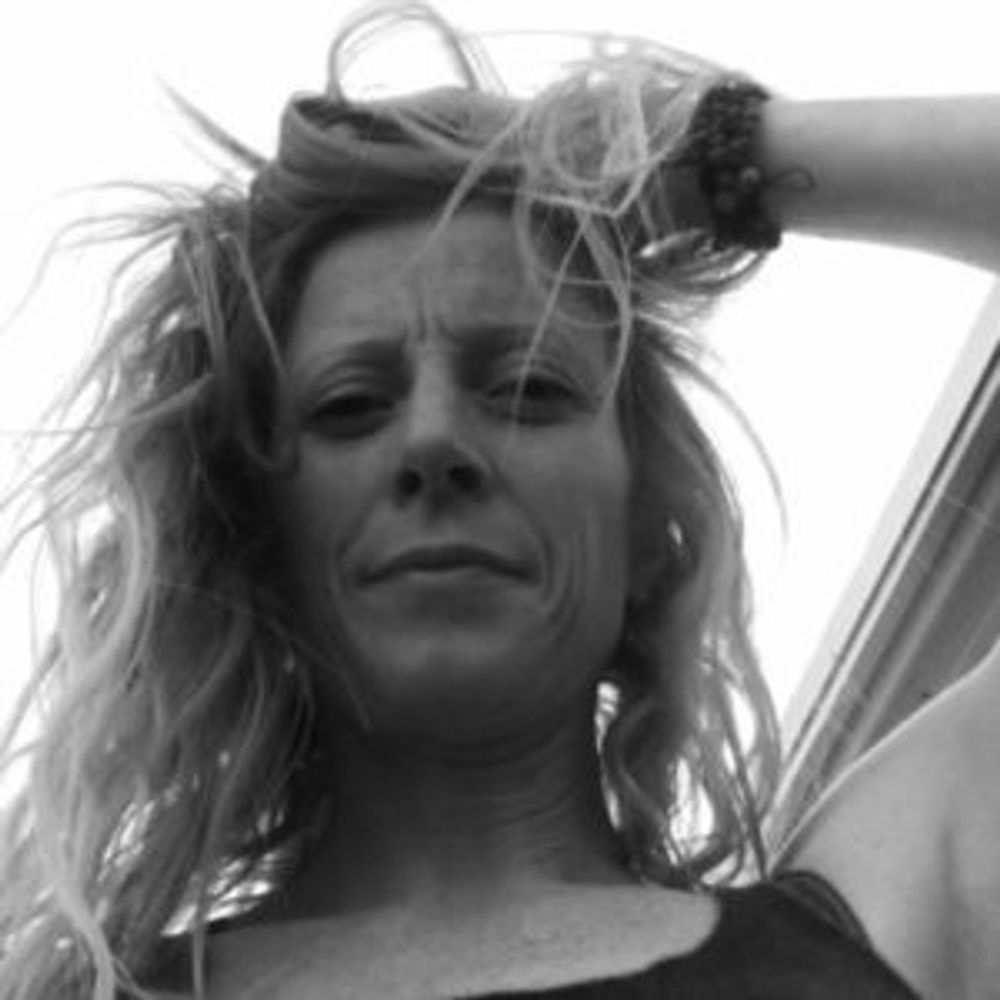
Head winemaker Sarah Hedges Goedhart
No. For my sister and I, we view wine as art, meant to be drunk, and have a context surrounded by naturalness. Sarah, our head winemaker, is truly an artist, using instinct, backed up by the numbers.
Key export markets and why
Our top priority export markets are the UK and Sweden. For the UK we see great opportunities as one of the most dynamic wine markets in the world. For Sweden, they are the single largest buyer of our Hedges Family Estate Red Mountain. The Swedes have an affinity for health, and we represent our estate wines as a wellness product. This resonates well with them.
Fastest growing markets and why
We still see the United States as one of our fastest growing markets, because at the fine wine level, its like Sweden with hundreds of millions more people!
What is the perception you get of Washington wines when working in export markets?
Truthfully, Washington’s development has been really interesting. I think Washington has appeal by trade and media, but what keeps WA from really gathering attention is the lack of wine and vineyards committed to naturalness. I say in hope that we can be progressive by weening off the pressure of scores and hype, and more committed to producing wines that have depth and meaning. This can only be achieved with chemical-free vineyards and very, very soft hands in the cellar. For Hedges, it’s not about whether wine is good or bad, it’s about whether your wines can express time and place. We need to do a more focused job of conveying this authenticity to the highest level.
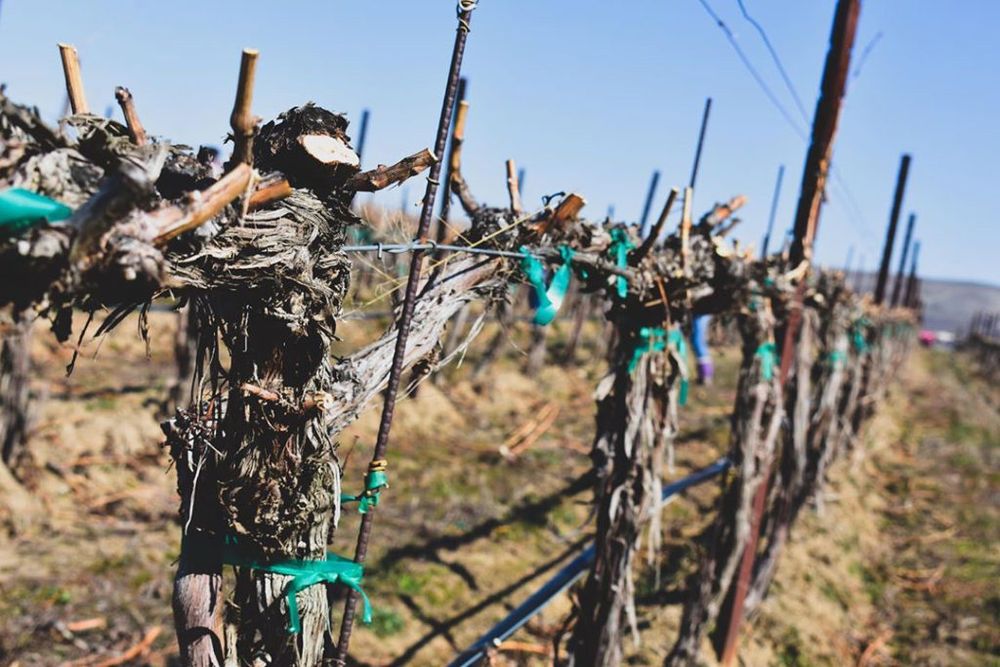
“With the sun shining, the vines waking up, and the buds starting to swell we find ourselves at peace in the vineyard amidst the chaos.” Hedges’ Instagram post March 19, 2020
What are the areas you as a winery have to work on more to get the message across about what you do?
This is a never-ending mystery. All I can really say is for people to start opening up about wine (more so than beer or spirits) and embrace what we see as nature’s cocktail. It’s very expensive for marketing outreach for a property our size. Social media helps, but at the end of the day, most discoveries about wines and estates happen through word of mouth.
What do you think Washington needs to do in general?
Washington as a state is seen as very green. I think this ‘feel’ needs to translate over to wine and vineyards. I think we have a responsibility to farm at least organically, certainly beyond sustainability. We need to move from a commodity model to an artisan model, which can be had at any scale. Once we achieve this goal, we will see a revolution of styles coming from the state.
Why your wines over anyone else’s?
Oh, great question. Very difficult to answer. I’m not so absolute. In reality, I think our wine and everyone else’s! I love variety. Let’s just hope that variation in wine comes back. Modernity in the cellar and vineyards seem to have alleviated this characteristic.



